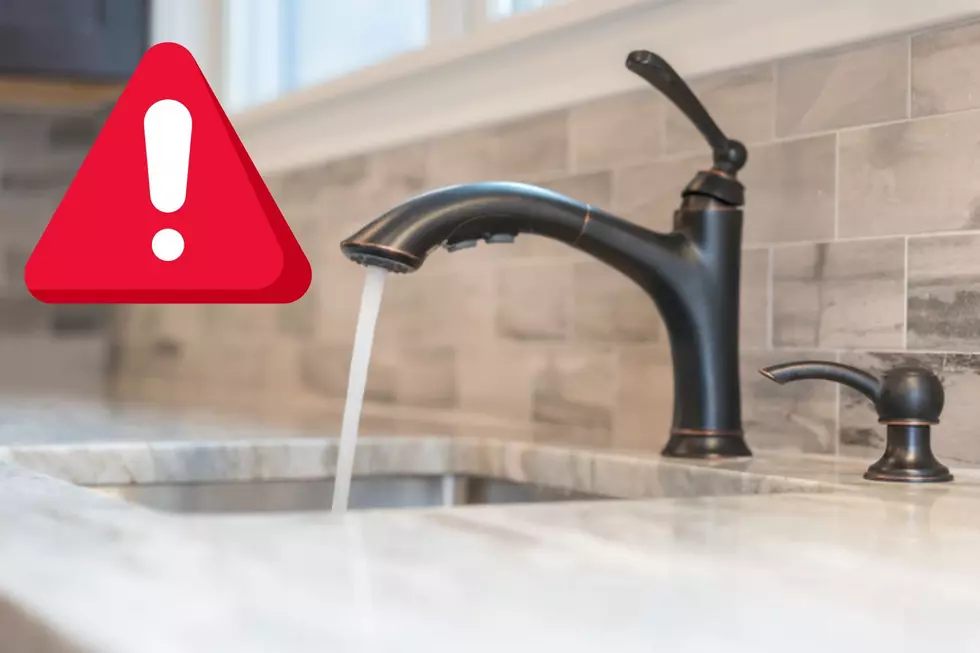
3 Die Of Rare Brain Infection From Amoeba In Water
Well isn't great to find out something else to worry about. This is horrible, but it appears very rare and we are not in an area where this can most likely happen.
Two children and a young man have died this summer from a brain-eating amoeba that lives in water, health officials say.
This month, the rare infection killed a 16-year-old Florida girl, who fell ill after swimming, and a 9-year-old Virginia boy, who died a week after he went to a fishing day camp. The boy had been dunked the first day of camp, his mother told the Richmond Times-Dispatch.
Those cases are consistent with past cases, which are usually kids — often boys — who get exposed to the bug while swimming or doing water sports in warm ponds or lakes.
The third case, in Louisiana, was more unusual. It was a young man whose death in June was traced to the tap water he used in a device called a neti pot. It's a small teapot-shaped container used to rinse out the nose and sinuses with salt water to relieve allergies, colds and sinus trouble.
Health officials later found the amoeba in the home's water system. The problem was confined to the house; it wasn't found in city water samples, said Dr. Raoult Ratard, Louisiana's state epidemiologist.
The young man, who was only identified as in his 20s and from southeast Louisiana, had not been swimming nor been in contact with surface water, Ratard added.
He said only sterile, distilled, or boiled water should be used in neti pots.
The illness is extremely rare. About 120 U.S. cases — almost all of them deaths — have been reported since the amoeba was identified in the early 1960s, according to the Centers for Disease Control and Prevention.
About three deaths are reported each year, on average. Last year, there were four.
There are no signs that cases are increasing, said Jonathan Yoder, who coordinates surveillance of waterborne diseases for the CDC.
The amoeba — Naegleria fowleri (nuh-GLEER-ee-uh FOWL-er-eye) — gets up the nose, burrows up into the skull and destroys brain tissue. It's found in warm lakes and rivers during the hot summer months, mostly in the South.
More From B105
![Like National Geographic’s Brain Games? Try These Tests [VIDEO]](http://townsquare.media/site/150/files/2013/05/brain-games.jpg?w=980&q=75)








